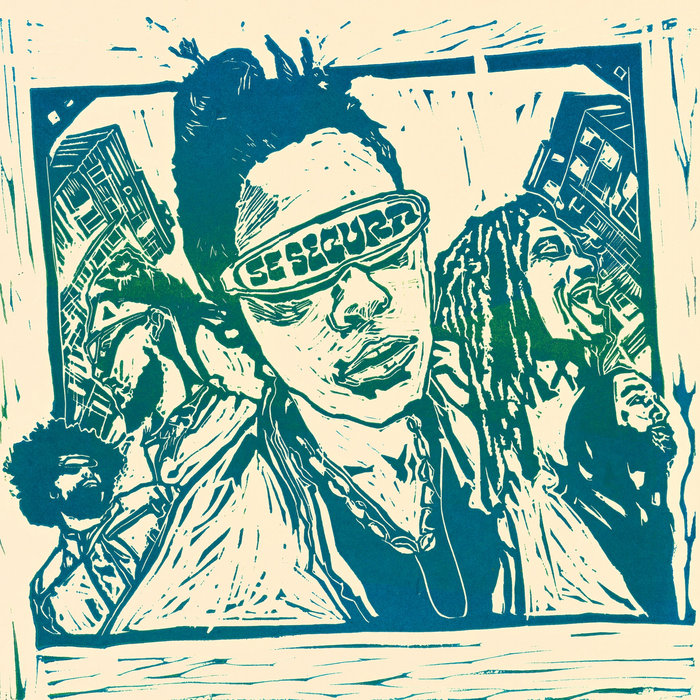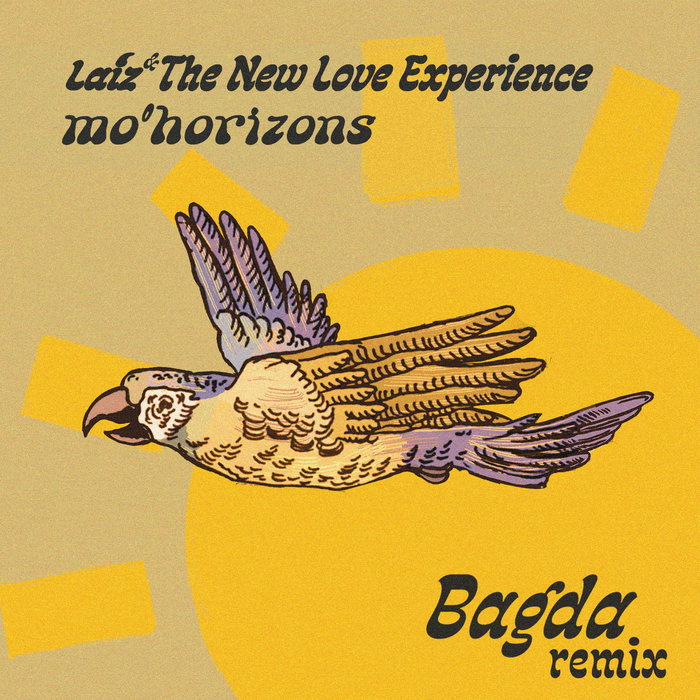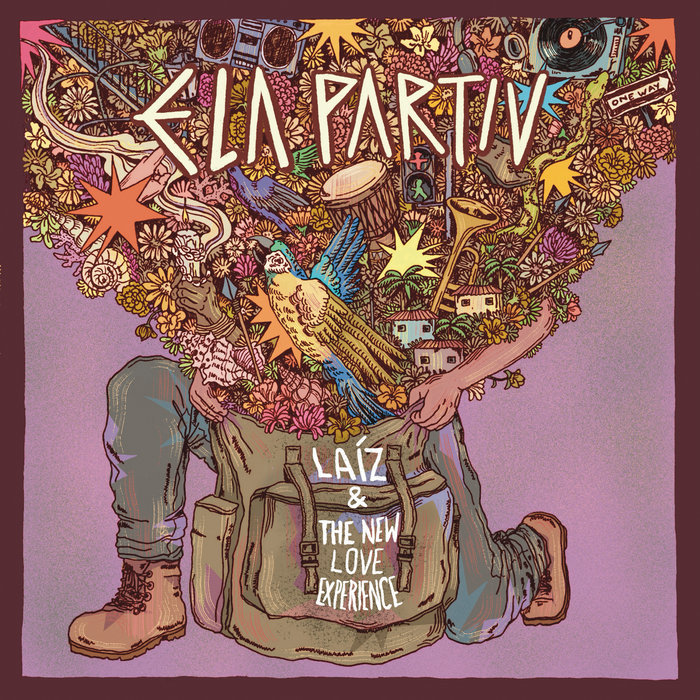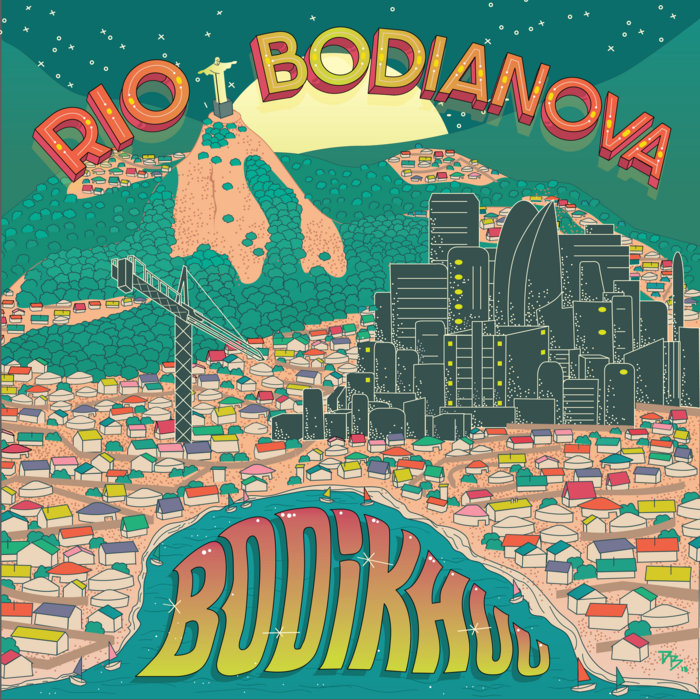
Se Segura (The Allergies Remix) – Laíz & The New Love Experience
this blog is GROOVY – check out great Soul, Funk, Jazz, Hip Hop, Bass, Breaks , Reggae, House n many more TUNES
Yo, let’s dive into the vibrant world of Brazilian Hip Hop! This genre ain’t just music; it’s a heartbeat, a movement, and a lifestyle that grooves through the streets of Brazil. So grab your headphones and let’s take a ride through its colorful history.
Brazilian hip hop kicked off in the late 1980s, sprouting like wildflowers from the urban landscapes of cities like São Paulo and Rio de Janeiro. Fueled by social issues and cultural pride, artists began to express their stories through rap, breakdancing, and graffiti. The rhythm was infectious!
Early pioneers such as Racionais MC’s emerged at this time with powerful lyrics addressing racism, poverty, and inequality. They mixed their unique sound with samba beats—creating something fresh yet deeply rooted in Brazilian culture.
One hilariously bizarre fact about early Brazilian hip hop: battles were not just about who could spit fire on the mic! Oh no! Dancers would challenge each other right alongside rappers. Imagine someone dropping bars while another is spinning on their head—multitasking at its finest!
By the ‘90s, Brazilian hip hop exploded into mainstream consciousness. It was during this era that artists started to mix classic samples from MPB (Música Popular Brasileira) with funk carioca—an electrifying blend!
Céu, MV Bill, and Sabotage popped up on everyone’s playlists. They brought together catchy hooks fused with sharp social commentary that made you feel both uplifted and reflective at once.
Fun Fact: Did you know Sabotage performed his first gig in jail? Talk about turning your life around while keeping it real!
In parallel to traditional rap influences came funk carioca—a genre full of energy originating from Rio de Janeiro’s favelas. While some folks looked down upon it as “just party music,” many artists saw funk as an avenue for empowerment.
Artists like MC Marcinho showed how funk could dance hand-in-hand with hip hop vibes! With slick production styles featuring heavy bass lines worthy enough for any club scene (or block party), MCs turned personal struggles into playful bangers everyone can vibe to.
Now here comes some spicy trivia: there have been plenty of controversies over explicit lyrics within both rap & funk scenes—especially concerning themes around sex or violence. One humorous incident involved an infamous track where two rival MCs went head-to-head lyrically… only to later join forces for charity events afterward!
This reflects how deep-rooted community matters often ignite fiery debates but eventually lead back towards unity among musicians fighting against larger societal problems together.
Fast forward to 2000+, when globalization hit hard—and guess what? Everyone wanted a taste! Brazilian hip-hop artists began collaborating internationally more than ever before—a true testament showcasing talent coming straight outta those favelas worldwide!
With legends like Emicida, who broke barriers using clever wordplay infused liberally throughout his songs; he earned accolades domestically AND globally—not forgetting tourist attractions too (wink wink) dancing along.
Even international stars like Drake sampled sounds created right here in Brazil! Can’t help but think what would happen if they actually dropped some verses in Portuguese?
Speaking humorously now: Anecdotes abound regarding genres clashing or simply miscommunication due language gaps during collaborations between locals & foreigners leading epic studio bloopers—as one artist exclaimed “Desculpa” instead “Drop It Like It’s Hot”! Classic case study material really… which helps show why art transcends boundaries regardless linguistic limitations…
Today Brazilian hip-hop has rising talents blending various genres—from trap beats buzzing loudly across clubs surrounding cosmopolitan cities toward mellow acoustic sounds reaching beyond borders via platforms like Spotify/YouTube leaving listeners grooving nonstop!
Today’s stars include names such as “Tati Quebra Barraco” pushing past stereotypes while infusing rock rhythms aboard diverse sonic travels effortlessly appealing widely towards global audiences—even gaining followers foreign lands discovering artistry originated far away yet resonating every single beat perfectly loud clear!!
Funny Twist: Some young fans even mistakenly refer her raps back home girlfriend ballads when they’re purely fire-driven hustles —but it’s all love mixing up cultural perceptions wonderfully!
In conclusion—the journey continues!! From underground roots blossoming within concrete jungles evolving rapidly birthed delightful fusion popping today worldwide echoes solid proof showing how influential voices shaped society creatively speaking honestly reflecting challenges faced daily unfolding opportunities ahead breathing hope inspiring youth everywhere keep vibing high rocking live wisdom passed generation after generation![1]
So next time you’re feeling down or need motivation just tune into any Brazilian jam flow—it might just get ya movin’ shake off negativity effortlessly groove strong rhythmically punchy messages intertwined throughout undoubtedly making magic forever immortalized within hearts open ears willing listen close above anything else… Trust me; You won’t regret it!!

Se Segura (The Allergies Remix) – Laíz & The New Love Experience

Bagdá (Mo' Horizons Remix) – Laíz & The New Love Experience

Carcará – Laíz & The New Love Experience

Rio / Bodianova – Farsi Records